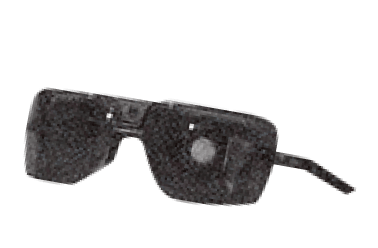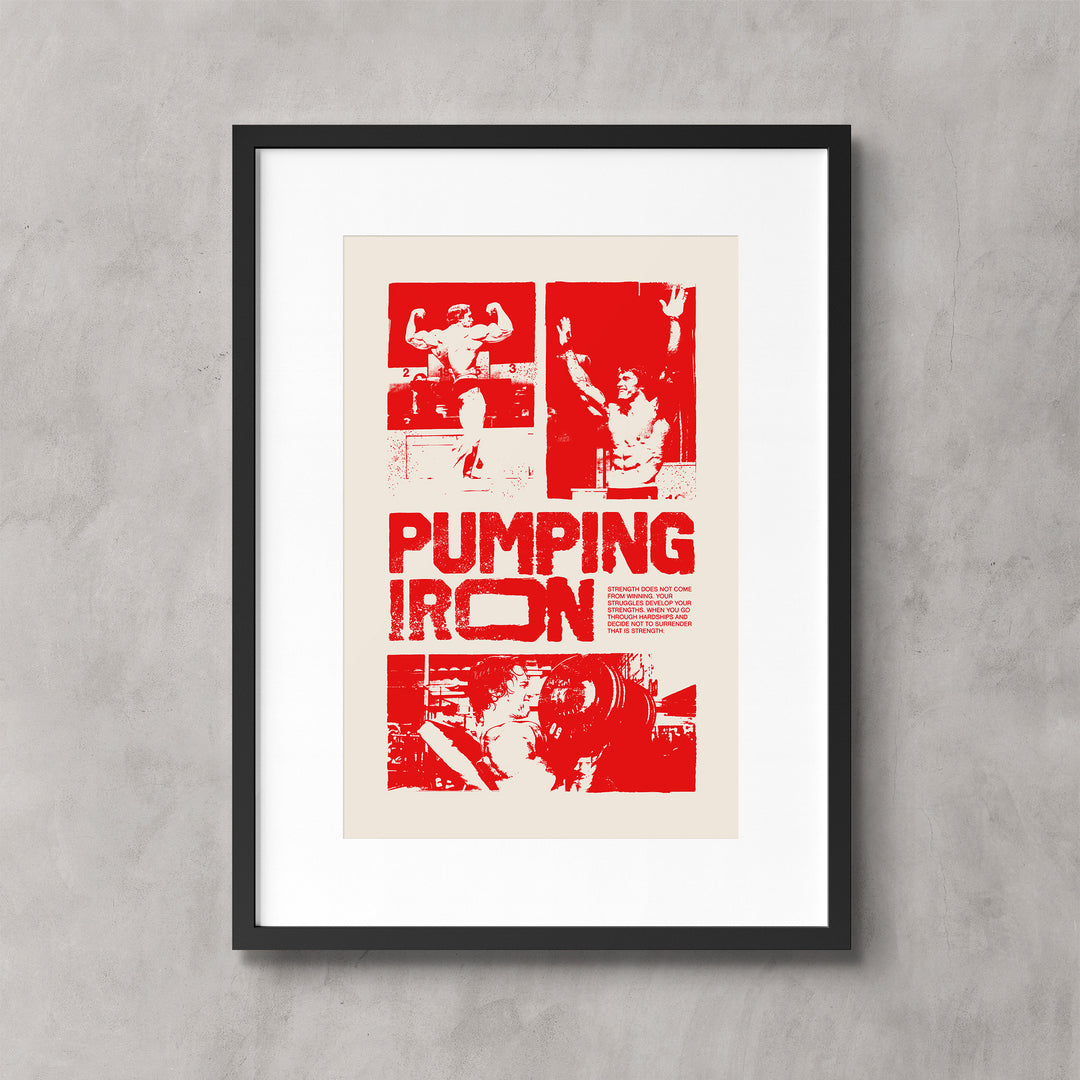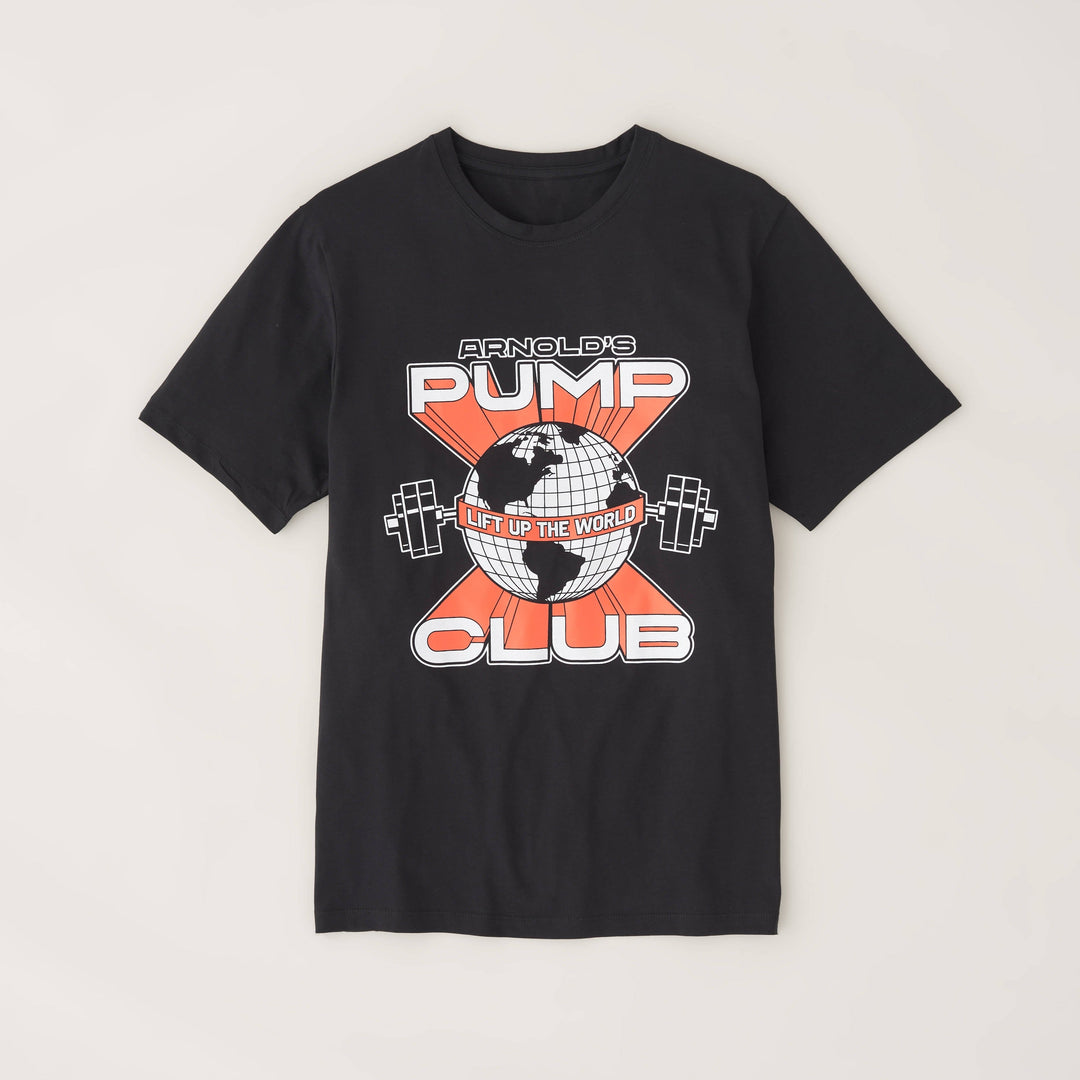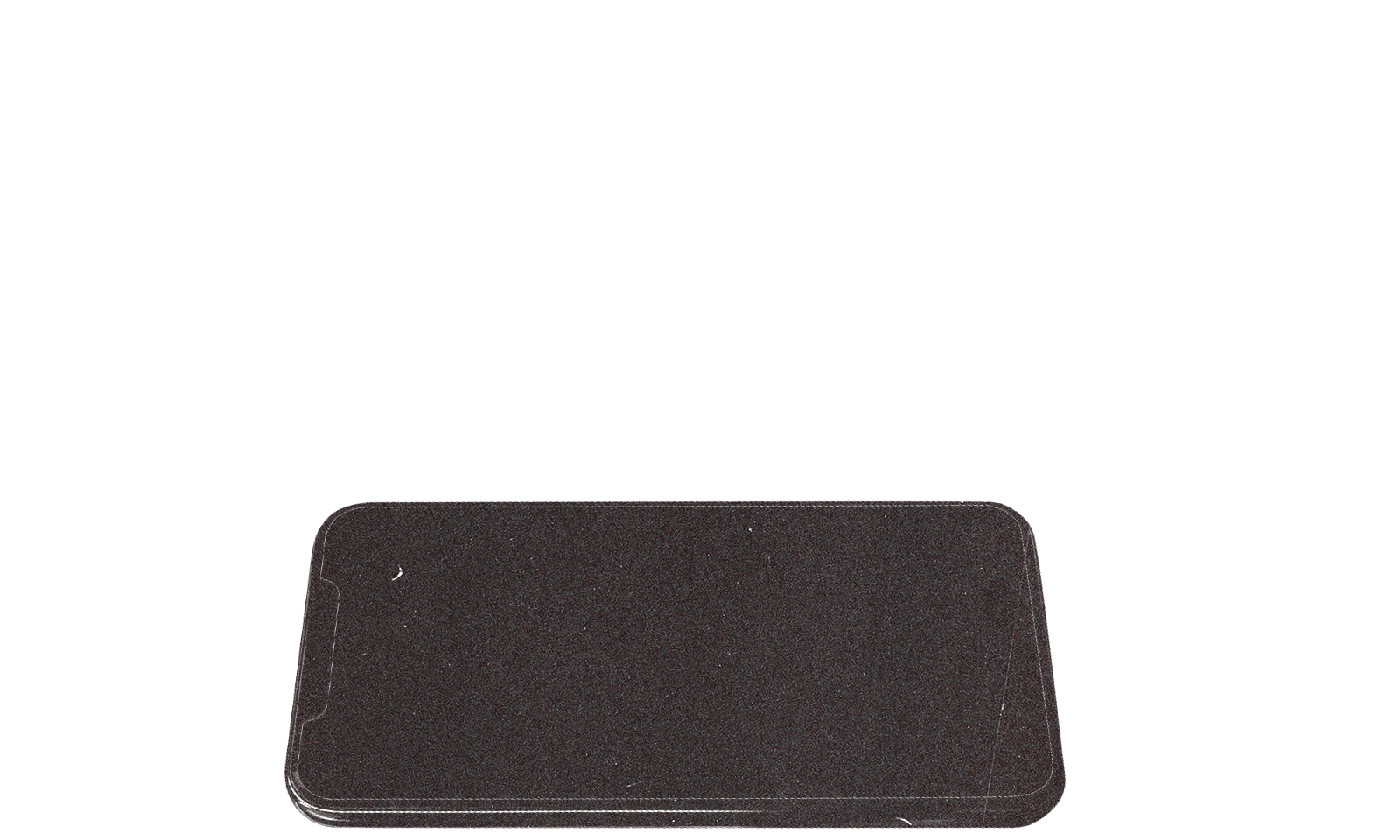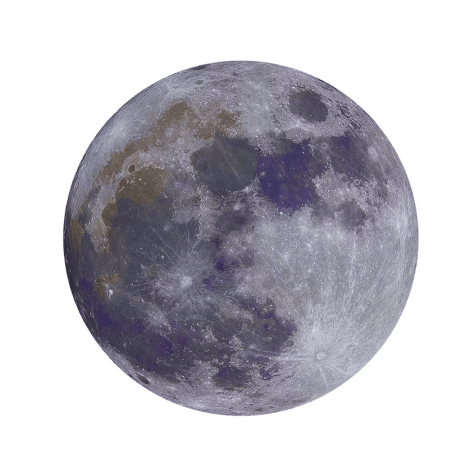Welcome to the positive corner of the internet. Every weekday, we make sense of the confusing world of wellness by analyzing the headlines, simplifying the latest research, and offering quick tips designed to make you healthier in less than 5 minutes. If you were forwarded this message, you can get the free daily email here.
Today’s Health Upgrade
The Pump’s secret smoothie ingredient
Can you freeze away fat?
The migraine maker
Arnold’s Podcast
Want more stories from Arnold? Every day, Arnold’s Pump Club Podcast opens with a story, perspective, and wisdom from Arnold that you won’t find in the newsletter. And, you’ll hear a recap of the day’s items. You can subscribe on Apple, Spotify, Google, or wherever you listen to podcasts.
The Pump Club Secret Smoothie Ingredient
“You get what you pay for” holds true for most things, but there are exceptions to every rule. And one very affordable ingredient is worth your consideration.
Psyllium husk — a soluble fiber that supports your gut health — can support weight loss and maintenance, cardiovascular health, lower cholesterol, fight against diabetes, and reduce appetite.
Unlike many other nutrition products, psyllium isn’t expensive and can be easily found. When you take it with water, psyllium binds to foods that haven’t been fully digested and help flush them out. It’s best known as the active ingredient in Metamucil, but most people don’t realize that psyllium — and fiber in general — does much more than just keep you regular.
Psyllium appears to be able to reduce total cholesterol and LDL-C. It can also help regulate glucose, which is why it’s effective at helping prevent diabetes. And because it fills your stomach while clearing out debris, it keeps you feeling fuller and satisfied for longer.
That’s why we add a tablespoon of psyllium for the extra fiber boost to our protein powder of choice.
After all, research published in The Lancet from 58 clinical trials found that people who eat the highest amounts of fiber-filled carbs reduce their risk of diabetes, cancer, stroke, and heart disease by up to 30 percent.
You can take anywhere from 5 to 15 grams of psyllium per day to help hit your fiber goals and protect your health.
Fact Check: Can You Freeze Away Fat?
Everyone says you need to burn fat — but is it possible to freeze it away, too?
Research suggests that cold exposure might help you burn more calories — but you must read the fine print because it doesn’t work how you’ve been told.
Scientists found that being in cold water helped people burn more calories than those not exposed to cold water. However, it’s not as simple as spending a few minutes shivering. If you want to ramp up your calorie burning, you need to get very cold and stay cold for a long period of time.
The scientists found that participants spent 195 minutes in the cold water to double their caloric burn. There is no change in studies where there’s no significant time in cold water.
The reason for the change is brown adipose tissue (BAT), a type of fat that is activated when you’re cold and uses energy (burns calories) to help you warm up your body. If you commit to being cold to try and burn calories, be aware that you’ll need to balance the effects of increased hunger.
In several studies, even though those exposed to cold burned more calories, the participants didn’t lose more weight. The reason is increased hunger, which leads to more eating. This is why one meta-analysis found that cold exposure didn’t improve body composition significantly (or, in some cases, at all).
Our take? Cold exposure has many potential benefits, including better recovery and reduced inflammation. It can also boost dopamine and increase energy, which is why Daniel does it every morning. So if you want to add cold exposure to your routine, we recommend the Plunge (Pump members save $150).
But if you’re using it to burn fat, adjusting your diet, prioritizing sleep, and consistently exercising is far more effective.
The Migraine Maker
If you suffer from bad headaches and are desperate for a fix, it might be worth taking a closer look at your diet.
New research found that people who consume high amounts of copper have an increased likelihood of suffering from migraines.
The first thing to know is that copper is not bad. The study found that it was not a problem — until people consumed far more than the recommended daily amount. Scientists studied dietary data from more than 12,700 people who suffer from headaches and migraines. Those who consumed more than 980 µg/day (0.98 mg/day) saw a significant increase in migraines.
And it might not just be the copper. Those with the most copper in their diet also had higher amounts of iron, zinc, selenium, and calcium. Research suggests that zinc and copper battle for nutrient absorption, which could be connected to migraines.
In general, if you suffer from migraines, take a multivitamin that’s high in copper, and eat a lot of copper-loaded foods such as organ meats, shellfish, nuts and seeds, beans, kale, and spinach, then it might be worth making some adjustments. If you have too much (the maximum recommended amount is about 900 µg/day) — even from healthy foods — it could be worth testing to see if a dietary adjustment alleviates your head pain.
—
Publisher: Arnold Schwarzenegger
Editors-in-chief: Adam Bornstein and Daniel Ketchell



